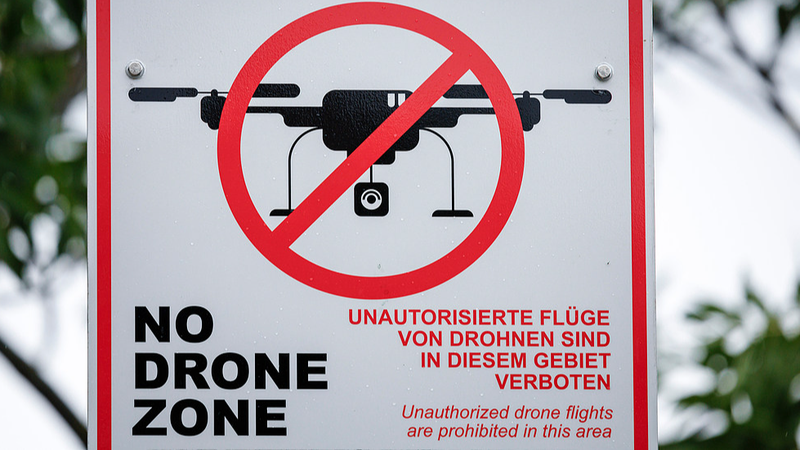In a sharply worded statement this week, Vladislav Maslennikov, director of the Russian Foreign Ministry's Department for European Affairs, called out the European Union's reaction to a series of unidentified drones as "hysteria." According to a report by state-owned RIA Novosti, Maslennikov accused EU leaders of using the drone sightings to stoke public fear and push for higher military budgets—potentially at the expense of economic stability and living standards across member states.
The spat follows reports of multiple drones buzzing over Denmark's airports and military bases in Germany's northern state bordering Denmark. Danish Prime Minister Mette Frederiksen warned the flights constituted a "serious attack" on critical infrastructure, prompting urgent security reviews at Copenhagen Airport and beyond.
On Russian state TV, Vladimir Chizhov, first deputy chairman of the Federation Council Committee on Defense and Security, insisted that Moscow had no motive to dispatch drones into EU airspace "to demonstrate strength." Yet Maslennikov stressed that Brussels still lacks consensus on a proposed "drone wall," a plan aimed at bolstering aerial surveillance along strategic borders.
Beyond the diplomatic tit-for-tat, the drone saga highlights a broader trend: as unmanned aerial tech evolves, governments from Brussels to Berlin must weigh the costs of heightened security against the need to keep economies humming and freedoms intact.
Reference(s):
cgtn.com



